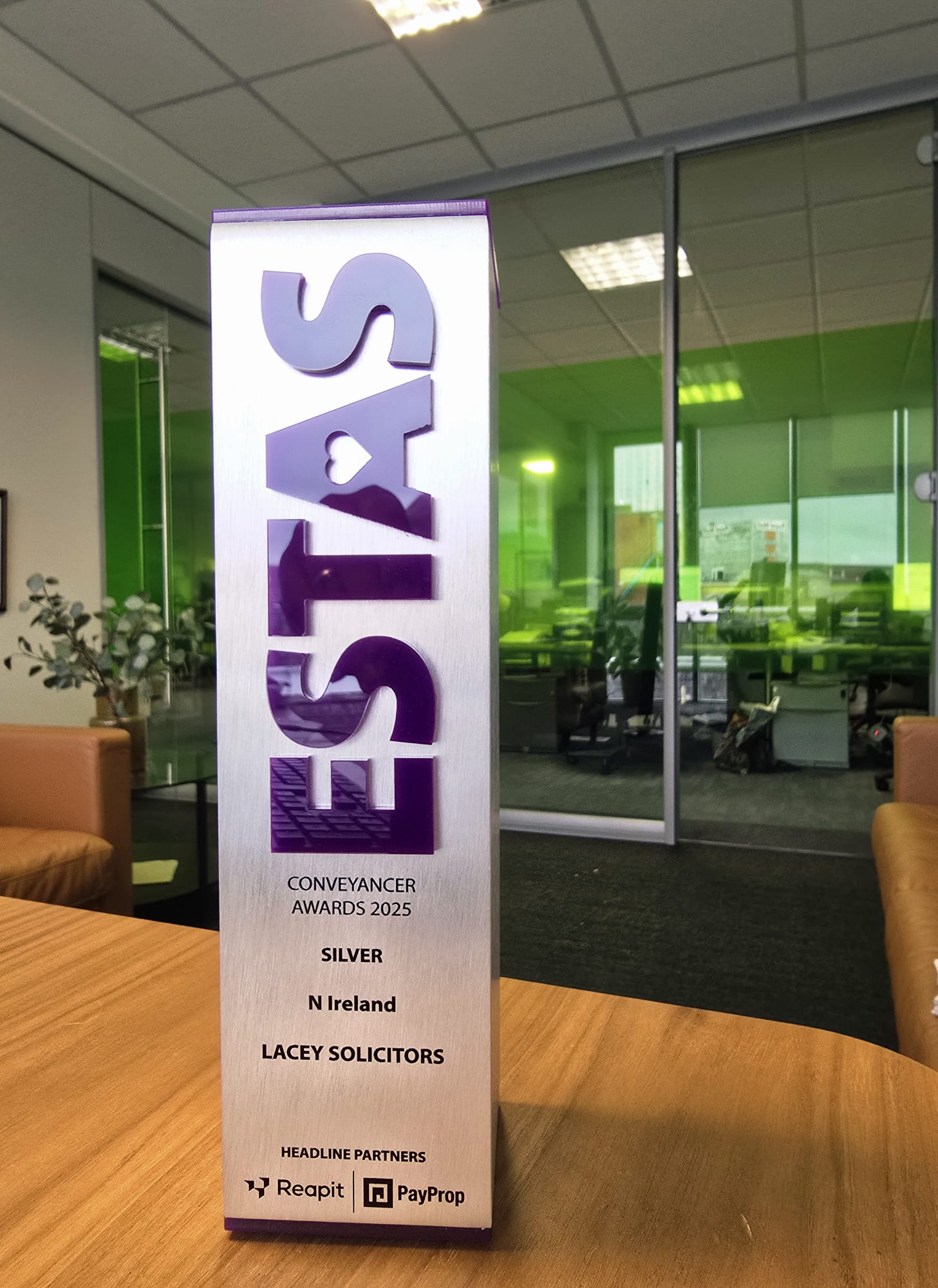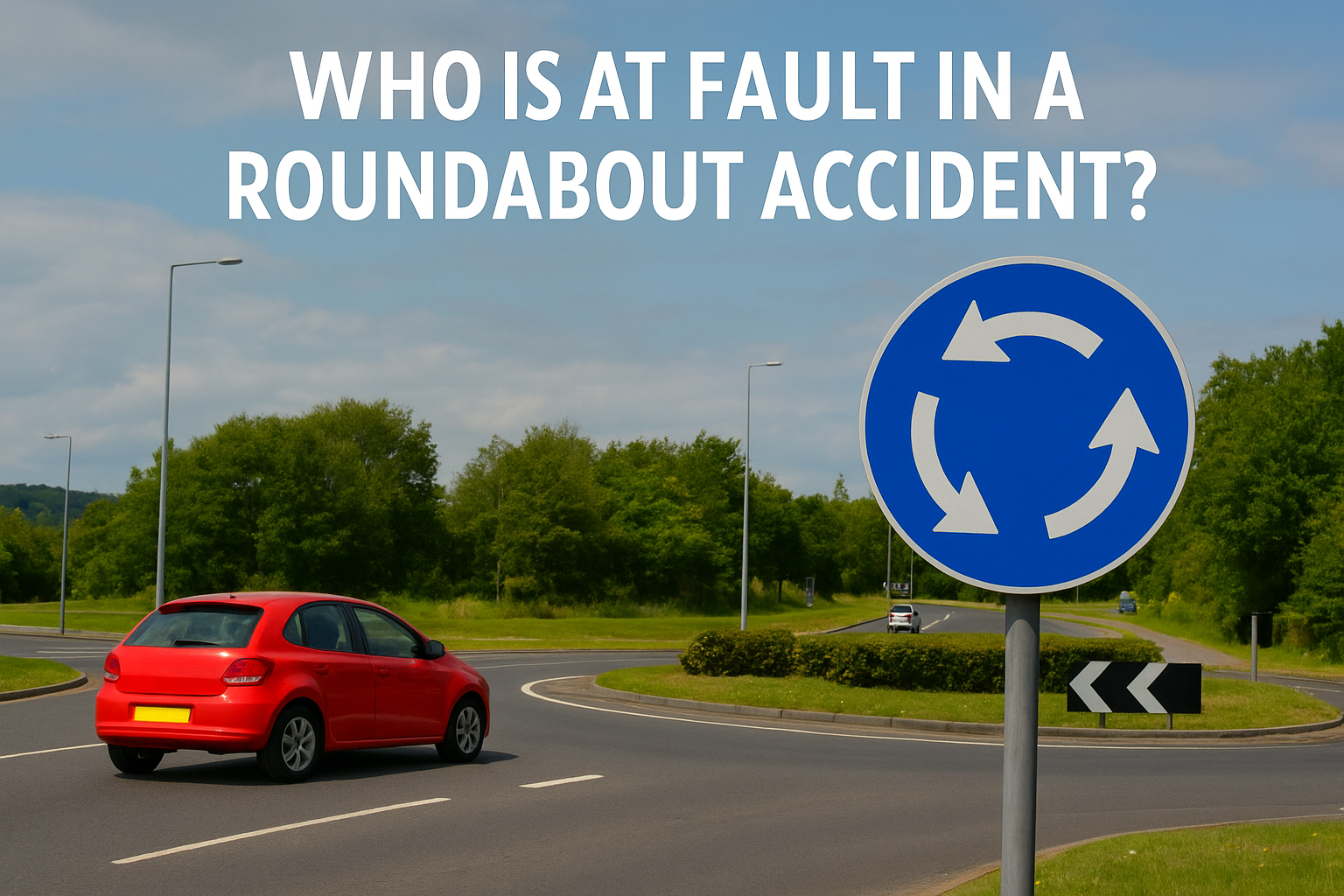At Lacey Solicitors, we frequently encounter cases where a plaintiff’s pre-existing condition or vulnerability complicates the assessment of liability and damages. For insurance claims handlers and legal professionals, a solid understanding of the “eggshell skull” principle is essential when evaluating personal injury claims.
What is the “Eggshell Skull” Rule?
The “eggshell skull” rule, sometimes called the “thin skull” rule, is a long-established doctrine in tort law. It requires that a defendant take their victim as they find them. Once a plaintiff establishes that the defendant owed a duty of care and breached that duty causing injury, the defendant is liable for the full extent of the resulting damage — even if the injury is far more severe than could have been anticipated due to a pre-existing condition or unusual vulnerability.
Importantly, while the type of injury must be foreseeable, the extent or severity of the injury need not be. Classic authority for this principle includes Smith v Leech Brain & Co Ltd [1962], where a minor burn triggered cancer due to the plaintiff’s pre-existing condition, and the defendant was held fully liable.
Physical and Psychiatric Injuries
The eggshell skull rule applies not only to physical injuries but also to psychiatric vulnerabilities. In Corr v IBC Vehicles Ltd [2005], an employee developed depression after a workplace injury and later committed suicide. The House of Lords held that the suicide was a development of the depression caused by negligence, rather than a novus actus interveniens, and the employer remained liable.
Josephine Higgins v Coleman & Motor Insurers’ Bureau of Ireland (2025)
The High Court of Ireland recently reaffirmed the eggshell skull principle in Josephine Higgins v Coleman & Motor Insurers’ Bureau of Ireland (2025).
The plaintiff, Ms. Higgins, was holding a parking space on the roadway when a van allegedly struck her left knee, causing a jolt. The defendant disputed the collision and denied liability. The court accepted medical evidence showing that Ms. Higgins suffered serious and ongoing consequences, including a radical personality change. She was diagnosed with a psychiatric adjustment disorder with mixed anxiety and depression, alongside moderate back injuries causing ongoing pain and sciatica.
O’Higgins J applied the eggshell skull principle, holding the defendant liable for the full extent of her injuries, even though they were more severe than might have been expected. The judgment emphasised:
“…due to some weakness or predisposition, a particular injured party suffers much more severe consequences from a relatively innocuous incident than might be expected… the tortfeasor takes his victim as he finds her.”
This reasoning echoes Clarke J’s observation in Walsh v Tipperary County Council [2011] IEHC 503:
“…if personal injury is a foreseeable consequence of whatever wrongdoing is concerned (say the negligent driving of a motor vehicle), then the fact that those injuries may, in the peculiar circumstances of the case, be much more severe than might have been expected, does not deprive the injured party from an entitlement to recover whatever may be appropriate for those injuries.”
Together, Walsh and Higgins confirm that psychiatric vulnerabilities are treated as part of the plaintiff’s condition, do not break the chain of causation, and do not limit recovery. They also demonstrate that the eggshell skull rule operates fully alongside the Personal Injuries Guidelines, ensuring plaintiffs with pre-existing vulnerabilities receive appropriate compensation for serious injuries.
Sykula v O’Reilly [2025] IEHC 638 – Multi-factorial Psychiatric Injuries
While Josephine Higgins involved a straightforward causal link between incident and injury, Sykula v O’Reilly [2025] illustrates how courts address cases where external factors also influence the plaintiff’s psychiatric condition.
In Sykula, the plaintiff suffered anxiety, depression, and PTSD following a road traffic accident. The High Court confirmed that, under the eggshell skull rule, the defendant must take the plaintiff as they find her, meaning pre-existing psychological vulnerability does not absolve the defendant from liability. The “but for” test established that, absent the accident, the plaintiff would not have developed these psychiatric conditions from January 2018 onwards.
However, the court recognised that the plaintiff’s mental health was influenced by numerous external factors not attributable to the accident, including homelessness, social isolation during COVID-19, stressful litigation, and rent arrears that led to emergency hostel accommodation. These factors exacerbated her psychiatric condition over six years. As a result, the court apportioned liability, attributing 50% of her psychiatric injury to the accident, with the remainder arising from other causes.
This demonstrates a key distinction: while the eggshell skull principle ensures liability for pre-existing vulnerabilities, courts will carefully consider multi-factorial influences when assessing damages over time.
Conclusion
The eggshell skull principle remains a cornerstone of personal injury law. It ensures that defendants are fully responsible for the consequences of their negligence, even where a plaintiff’s pre-existing vulnerabilities make the harm unusually severe. At the same time, cases like Sykula show that courts will carefully consider other contributing factors when assessing damages. Together, these cases highlight the balance courts strike between holding defendants accountable and ensuring damages accurately reflect the real-world impact of the injury. For Plaintiffs and defendants alike, the principle serves as a reminder that the law takes the plaintiff as it finds them – and that fairness in compensation must consider both the injury and the individual it affects.
If you would like guidance on a personal injury claim involving pre-existing conditions, or wish to understand how the eggshell skull principle may apply, use our Contact Us section and our team at Lacey Solicitors will be available to provide informed, practical advice.

















